Deputy Director-General of the WTO Alan Wolff gives a speech at CCG: China plays a vital role in the multilateral trading system
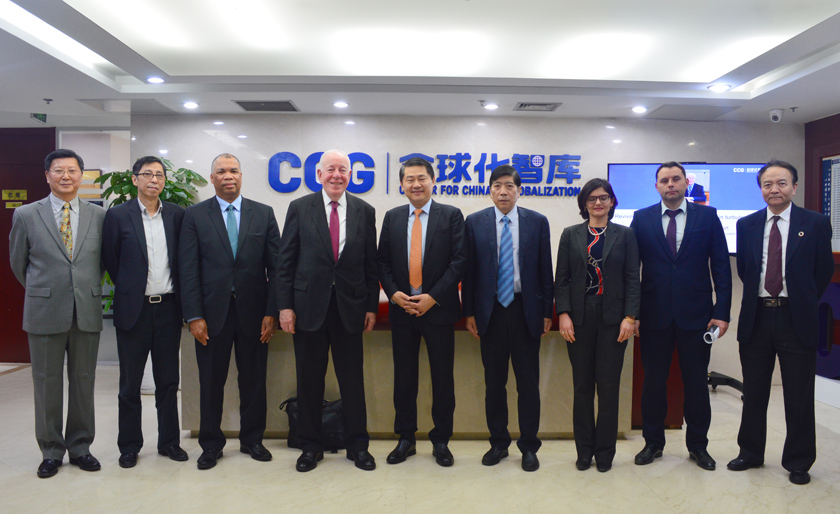
On November 20, 2019, Deputy Director-General of the WTO Alan Wolff delivered a speech at the Center for China and Globalization (CCG) headquarters in Beijing.
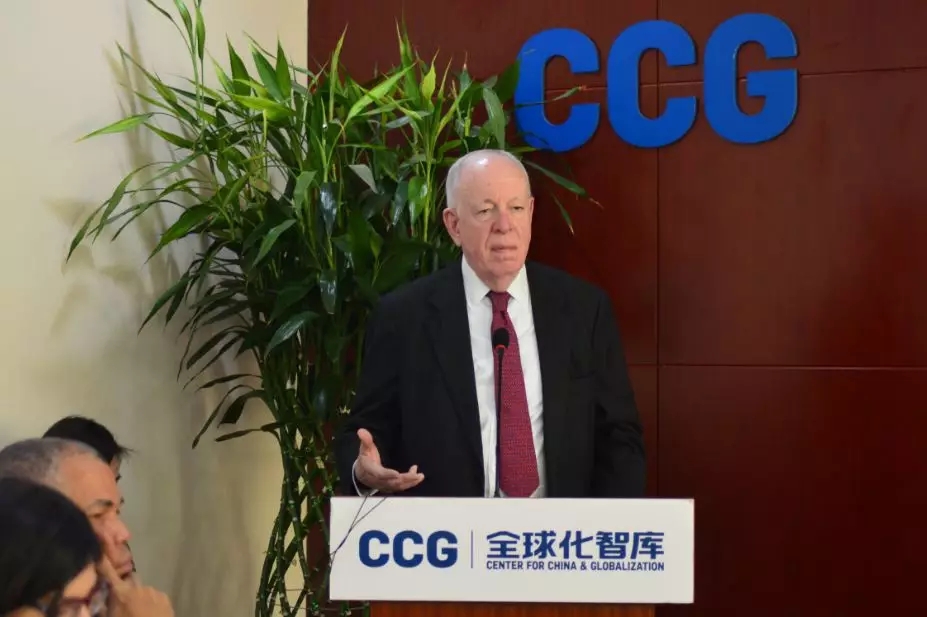
“Promoting an Improved Multilateral Trading System”
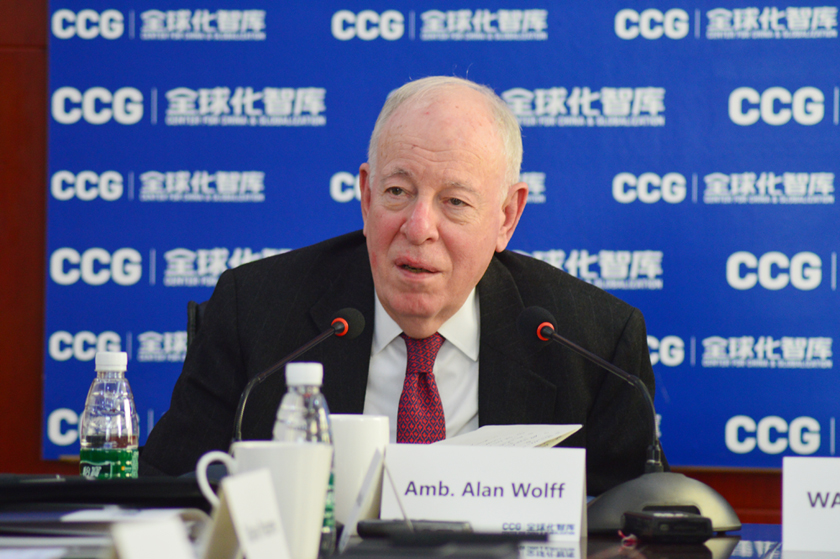
My thanks to the Center for China and globalization and Professor Wang Huiyao for the invitation to speak to you this morning about the current state of the WTO, the World Trade Organization, and its future outlook.
I will briefly address five points: How did the world trading system end up in crisis? Are bilateral agreements an answer to the problems of world trade? Are universal norms even achievable?
What actions should WTO Members now take? and What role should China have in moving the trading system forward?
l How did we arrive at the current crisis of the multilateral trading system?
There are a number of factors that have come together at the same time that resemble a “perfect storm” arising from a rare combination of adverse meteorological factors.
The factors include the rise of populism in many nations; dislocations in employment that were blamed on trade and not on the greater cause — technological change, which is seen by most as progress; governments were elected that were not imbued with the same spirit of multilateralism that motivated prior administrations; the rise of a major new economic power, China, with an economy that has its own characteristics that differ from those of many of its trading partners; and a loss of unchallenged legitimacy of WTO dispute settlement, leading to the collapse of the appellate level of that system.
It is said by some that the WTO seems to have lost its relevance when it cannot resolve a trade war when all should realize that in human history no treaty could stop a war of any kind if the parties were intent upon having one. Trade-restrictive measures are employed without citing a right to do so under existing international rules. National security has increasingly been used by a number of countries as a justification for the imposition of measures.
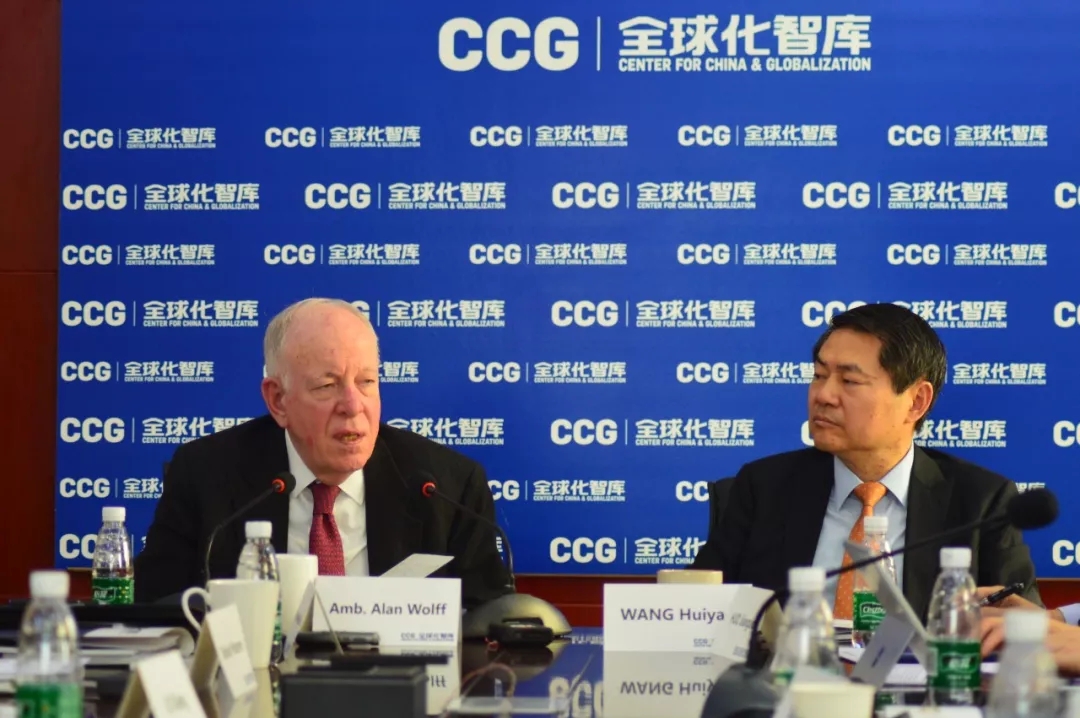
Some of the sources of the current crisis are relatively recent. Others have been building for a long time. The dissatisfaction of the United States with the WTO dispute settlement system has been a smoldering resentment that finally led to action. Countermoves are followed by countermoves which have not served to close the divisions over this issue. At the same time as the threat to WTO dispute resolution grew, the rule-making machinery of the multilateral trading system seized up and, with a few notable exceptions, produced no new agreements to liberalize trade over the past quarter century. Worse, both governments and businesses ceased to invest in maintaining and improving the multilateral trading system.
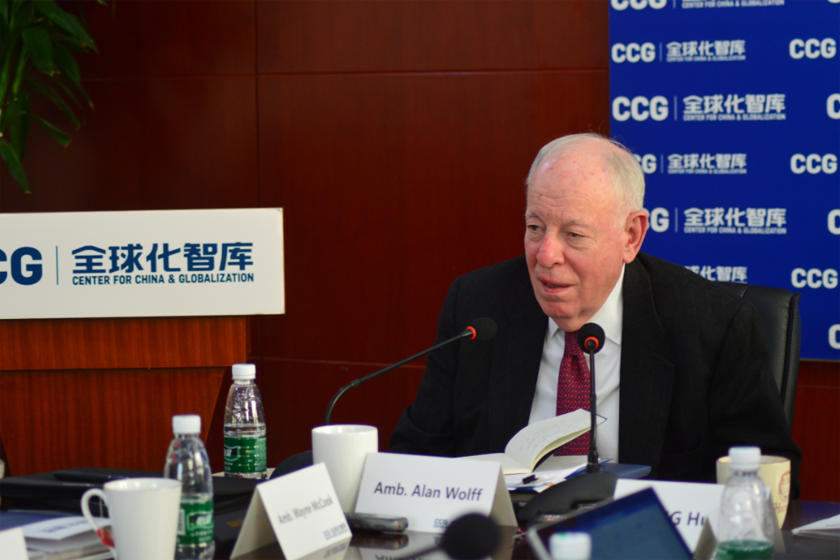
l Are bilateral and regional arrangements a substitute for a global trading system? Are bilateral agreements part of the problem or part of the solution?
In public discourse, few commentators understand that all trade agreements, even those not concluded in the WTO, rest on that multilateral foundation.
Some countries can achieve and have achieved deeper integration with their neighbors. This makes eminently good sense. This is what the American and European states have done, it is what the North American Free Trade Agreement did (to a lesser extent but also extensively) and it is what the countries of Africa now seek to accomplish with their African Comprehensive Free Trade Agreement.


It is entirely fair for nonparticipants to ask whether something good for them and the world at large has been accomplished in others’ trade agreements. Is the agreement in question more trade-creating than trade-diverting? How does it contribute to global well-being? Are some of its provisions a template for multilateral progress? This is occurring with the mining of sub-multilateral provisions on electronic commerce that are contained in regional trade agreements. If there is discrimination, is it offset by other benefits? Discrimination can occur in two sometimes overlapping forms —preferential market access for signatories (which is usual if not always desirable) and provisions designed to restrict the opportunities of others (with rules of origin and other discriminatory protections).
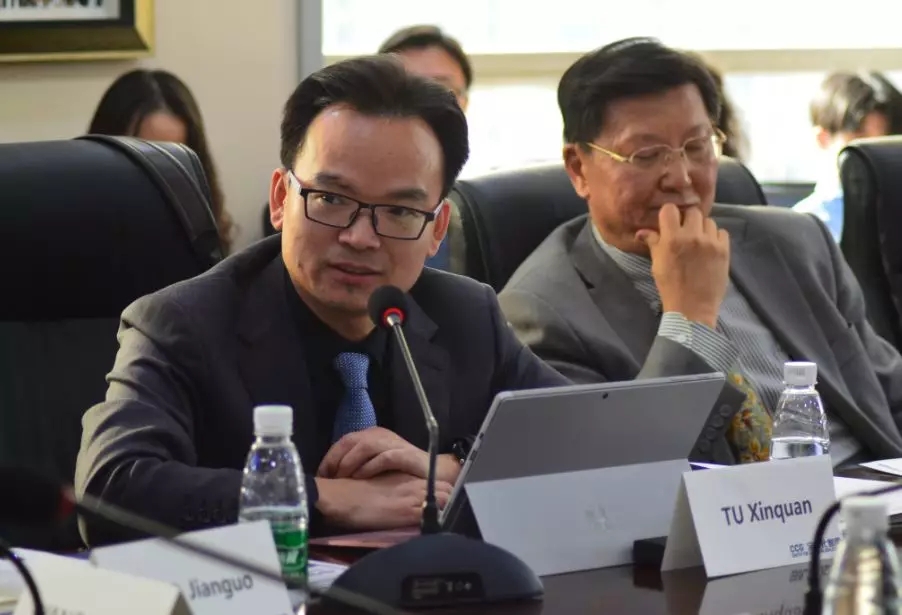

l Are universal norms obtainable?
The threshold to be crossed is whether market forces are to determine competitive outcomes. It is the sina qua non,
the essential ingredient, for having a workable multilateral trading system. Whether the issues raised are among major trading countries or are north-south issues, between the developed and the developing, a foundational question is whether the trading system is about convergence or co-existence. The current system, the WTO, is based on convergence. If what is desired is co-existence, that can be achieved, but only at the price of a much lower level of global economic activity, with less current and future prosperity for all.
All trading countries say that they hold the multilateral trading system in high regard and are committed to maintaining and reforming it. Those are soothing words. They must be followed by concrete actions to become reality.
Some think that the future world economy will be bi-polar, centered around Beijing and Washington. That is not feasible. It ignores the existence of Brussels, New Delhi, Brasilia and many other capitals, in which self-interest does not divide the world in two, as the Catholic Pope once did for Latin America, or the British and French did in the Middle East with the Sykes Picot line.
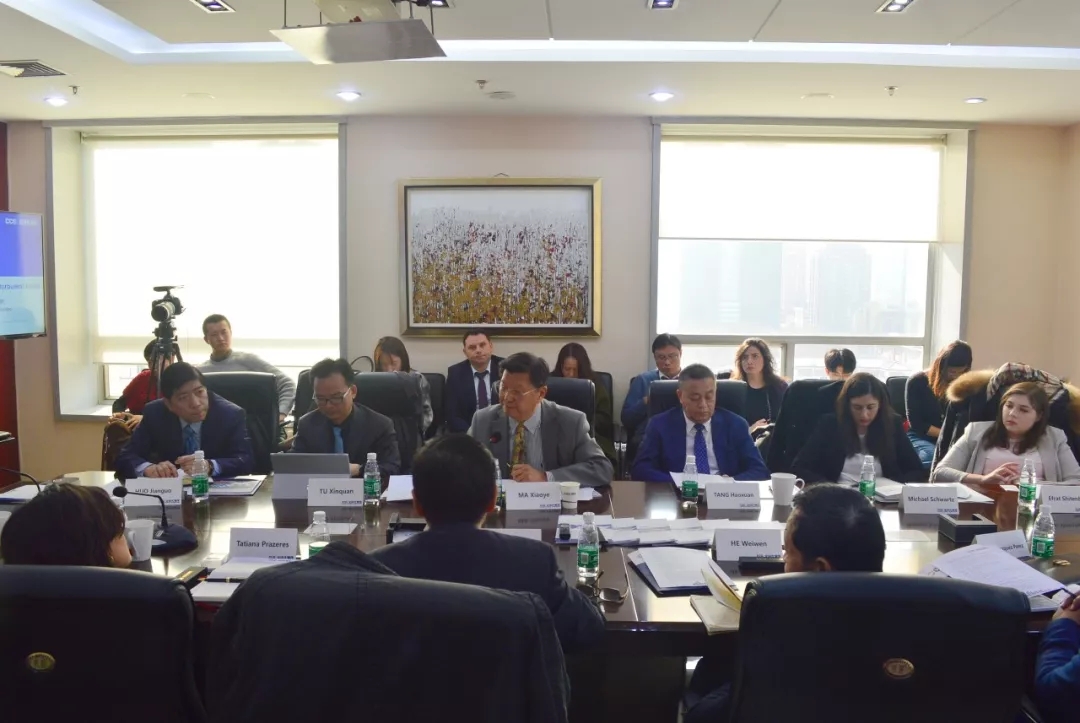
Leadership is needed and this does not come without a broader vision, a world view, that sees self-interest as extending beyond the immediate needs of a nation and sees the need for continuation and improvement of global arrangements for the benefit of all.
I am reading a book now about the American Revolution. There were numerous missteps in London and in the colonies that led to rupture and conflict. That cannot be allowed to happen to world trade now. Physical communications are immensely better at present than they were over two centuries ago. We must show that human understanding has also progressed and can now reach across borders.
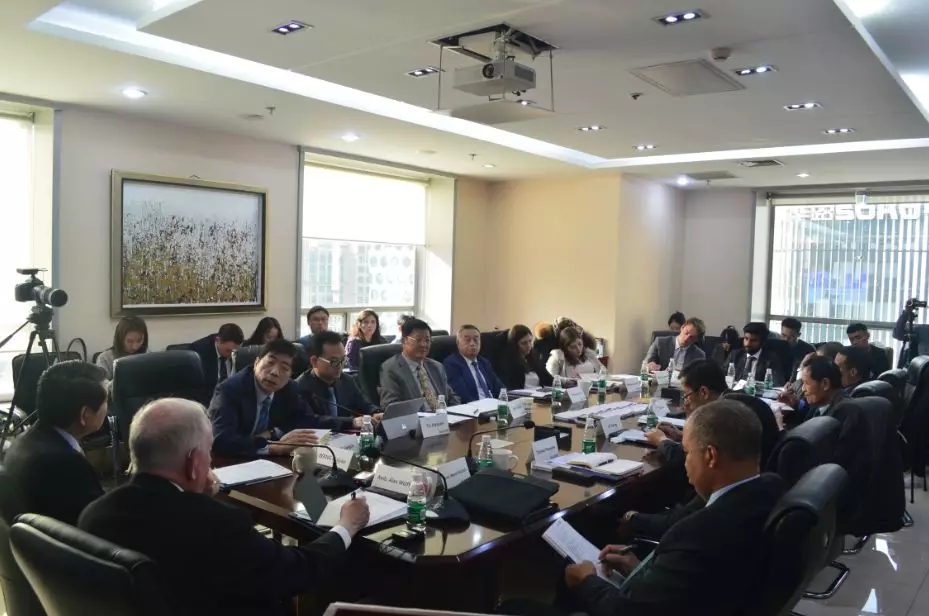
l What should WTO Members now do?
In the near term, there is an important agenda in place for the WTO’s members.
Strenuous efforts are underway: to create rules for the digital economy, to impose disciplines on fisheries subsidies, to extend the moratorium on customs duties on electronic transmissions, and to bring forward joint initiatives open to all to facilitate cross border investment and to provide greater international interchange of services governed by domestic regulation.
Serious efforts are also being dedicated to restoring the WTO dispute settlement system’s legitimacy and effectiveness.
More is needed. The G20 nations have issued a unanimous call for WTO reform. Current challenges must not be allowed to obscure the need for a closer look at the system as it exists today and how it might be improved. This is an opportunity to increase the coverage and benefits of the multilateral trading system as well as addressing potential
deficiencies.
1.Given increasing disruptions from natural disasters, it is urgent to find a way forward to improve the movement of
undistorted agricultural trade, moving food and feed from areas of plenty to areas of shortage.
2.Major gains to the world economy can be found in improving the terms under which services trade takes place.
The government of China is familiar with the concept of planning. This is more challenging in a multilateral setting but is very much needed. It is not unreasonable to set 2025 as a goal for moving to a WTO 2.0 for adoption at MC-15, the third WTO Ministerial Conference after the next one in June 2020.
The time is ripe for a renewed charter for the multilateral trading system that —
1. Recommits Members to shared ideals and goals, based on the premise that market forces are to determine competitive outcomes;
2. Is founded on participation based on a net positive contribution from all WTO Members, without exception, contributed for the common good;
3. Recognizes the right to equal trade for all nations and equal opportunities for all participants regardless of gender or how small the size of a business may be; paired with an equal level of obligations except in the case of verifiable limitations of capacity
4. Links explicitly once again the cause of peace and the cause of open markets as they were in the first clause of the 1947 Havana Charter for the International Trade Organization. (This is particularly important for the conflict-affected countries, some of whom joined the WTO in recent years and a number of whom now seek to become Members).
5. Provides that obligations be fully enforceable as envisaged at the founding of the WTO.
6. Protects the environment (such as dealing with plastics in the oceans).
7. Combats the scourge of corruption through all Members joining and fully implementing the government procurement agreement.
8. Promotes sustainable development through all relevant WTO activities, and that its efforts be made far more effective, directly through training and indirectly through close coordination with other international organizations.
9. Provides a new structure of governance whereby —
– Rule-making consistent with the WTO’s objectives becomes more possible;
– The WTO’s dispute settlement system is more responsive to the needs of Members;
– The management of the system by its Members as well as their Secretariat becomes more effective and agile in meeting the needs of members, including initiating subjects for negotiation, monitoring and working to assure compliance with existing obligations, providing relevant analyses, and recommending actions to assure the fostering of the objectives of the renewed WTO Charter.
l The Vital Role of China in the Multilateral Trading System
China has benefitted enormously from its membership in the World Trade Organization. It has lifted hundreds of millions out of poverty. To achieve this required integration into the world economy through the multilateral trading system.
China has much at stake but also much to contribute to the reform and updating of the global trading system. In many ways China is a leading country, including in the world of e-commerce. Obviously, there are many subjects in which China’s full participation will be essential if multilateral progress is to be made. This includes in the near term the need to conclude a major agreement on fisheries subsidies.
This is a time when China needs to be forward leaning — to improve the multilateral trading system and to assist its own domestic reforms. The WTO Ministerial Meeting in Nur-Sultan, Kazakhstan, in June 2020 will be a time when leadership qualities of WTO Members will be tested. Some matters should be concluded successfully by then. But there is much that will remain to be done, and in this regard, China can help shape and deliver WTO 2025.
My thanks to the CCG, the Center for China and Globalization, for the thought leadership that it provides and for this opportunity to be with you this morning.
I look forward to our discussion.
LocationBeijing





